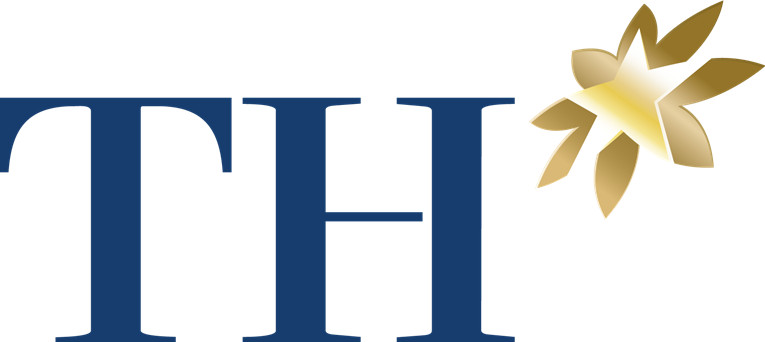EU reduces violation warnings for Vietnamese agricultural and food products
With the EVFTA Free Trade Agreement, Vietnam has basically well implemented regulations on food safety and disease safety.
According to the National Office of Notifications and Inquiry Points on Sanitary Epidemiology and Plant and Plant Quarantine (SPS Vietnam), in October 2023, the EU issued nearly 3,900 food safety warnings for agricultural and food products. imported products. Of these, there are only 55 warnings for agricultural products and food from Vietnam.

This number has decreased by about 15% compared to 2022.
Vegetables and fruits are the most warned product group with 23 cases, followed by seafood products, confectionery and other processed products. Of these, violations due to chemical residues account for the highest number at nearly 60%.
With the EVFTA Agreement, Vietnam has basically well implemented regulations on food safety and disease safety.
According to regulations on food safety and disease safety, every 6 months, the EU will review all enterprises exporting agricultural and food products. If regulations are well complied with, the EU will reduce the frequency of inspections and reduce regulations and procedures for imported Vietnamese agricultural and food products.
If the regulations are well complied with, the EU can consider reducing the frequency of inspections, regulations and procedures for imported Vietnamese agricultural and food products, otherwise the frequency of inspections will be increased.
Ministry of Agriculture and Rural Development, Vietnam's agricultural exports to the EU market are experiencing strong growth, especially since EVFTA came into effect in August 2020.
In 2020, it reached 3.07 billion USD; in 2021 it will reach 3.236 billion USD and in 2022 it will reach 4.934 billion USD.
However, non-tariff measures such as animal and plant quarantine (SPS) or technical barriers to trade from the EU side have created many challenges for Vietnamese agricultural products when exported to the EU. . In particular, the European Parliament (EP) has passed a new law banning the import of goods related to deforestation.
Each year the EU imports more than 160 billion USD of agricultural products, however only about 4% of that comes from Vietnam, showing that the value and export turnover of Vietnam's agricultural products to the EU is still low compared to the EU. with Vietnam's export potential, as well as the EU's import demand.
With the strength of being a country with a long-standing agricultural development and also a country known for many outstanding agricultural products, Vietnamese goods need to focus on improving the quality of products that are currently strong in meeting the needs of customers. meeting strict EU standards, thereby creating a foundation for increasing total agricultural product output and diversifying export products.
In the first 10 months of 2023, the total export turnover of the entire agricultural sector will reach 43.08 billion USD. Of which, exports to Asia reached 21.13 billion USD, an increase of 5.7%; Americas 9.74 billion USD, down 20.6%; Europe 4.5 billion USD, down 11.8%; Africa 910 million USD, up 21.6%; Oceania 641 million USD, down 17.2%.
EVFTA (European-Vietnam Free Trade Agreement) is the European Union - Vietnam free trade agreement, officially taking effect from August 1, 2020; thereby opening up new opportunities and prospects in the comprehensive cooperative partnership between Vietnam and the European Union (EU).
The EVFTA Agreement includes 17 Chapters regulating agreements between Vietnam and the European Union (EU); In which the Agreement has reserved Chapter 13 regulations on Trade and Sustainable Development (from Article 13.1 to Article 13.17). The objective of this Chapter is to promote sustainable development, recognized by promoting the contribution of trade and investment-related sectors to labor and environmental issues. Commitments and obligations related to the environment are established in the EVFTA to enhance the reciprocity between trade and environmental policies, ensuring that trade and investment activities will not have any impact or influence. negatively affect environmental protection requirements.
According to survey results conducted by VCCI, EVFTA is the FTA most Vietnamese businesses know about, and is also the Agreement with the highest percentage of businesses knowing clearly, with nearly 94% of businesses having heard or known about it in other countries. The level of difference in this Agreement is the highest among the currently implementing FTAs. This shows that EVFTA is truly an Agreement that has a large and profound impact on the benefits of many Vietnamese businesses; thereby contributing to raising awareness and awareness of businesses on environmental protection issues during the implementation of socio-economic development activities; Promote the implementation of environmental protection requirements more synchronously and effectively, ensuring sustainable development.
Minh Toan


